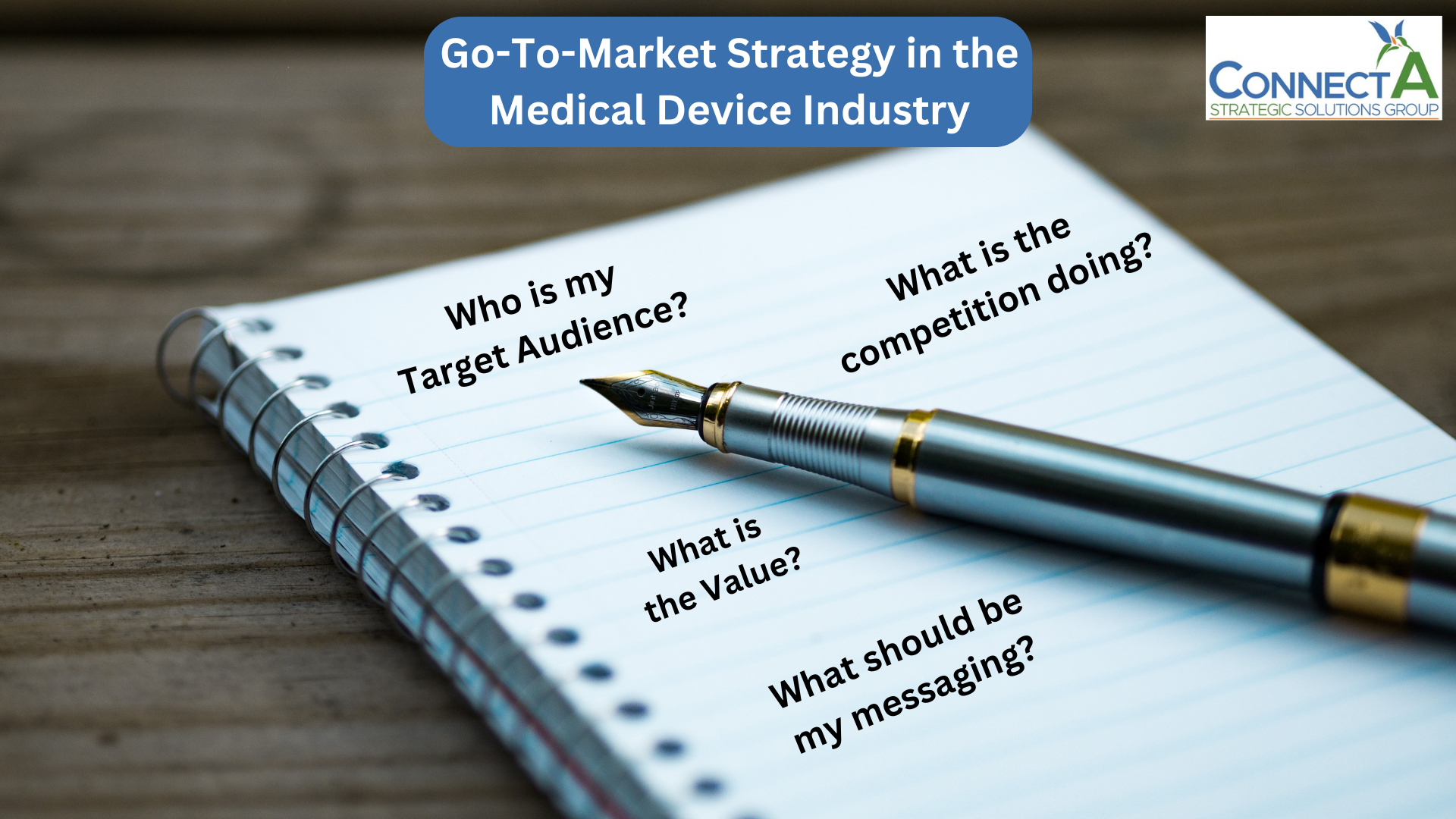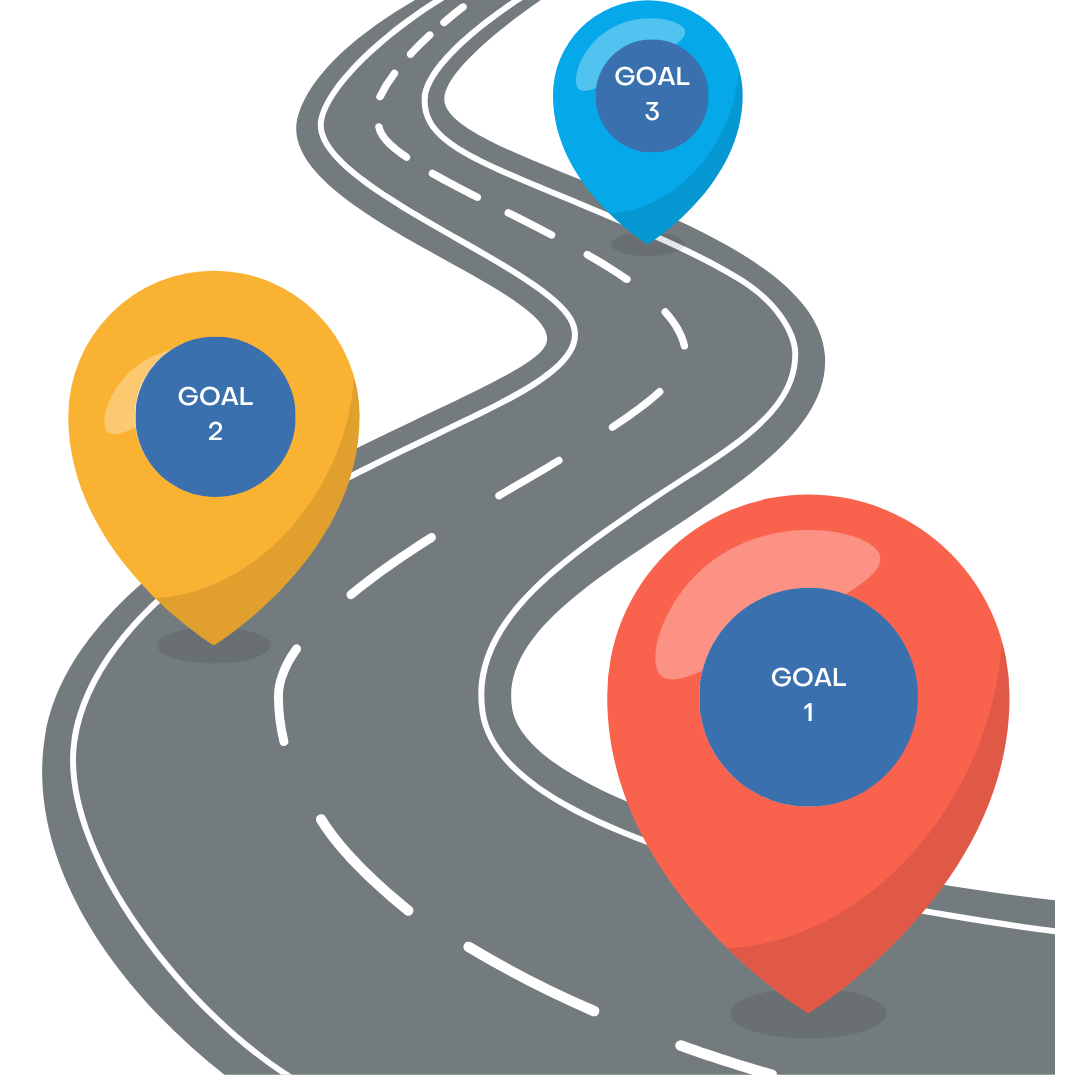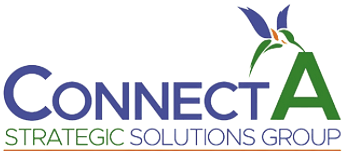Why 80% of Product Launches Will Fail in 2022 (& How To Make Sure It’s Not Yours)
Why 80% of Product Launches Will Fail in 2022 (& How To Make Sure It’s Not Yours)
There’s a gigantic pink elephant taking over drug and product launch meetings. And, it’s likely the reason why experts estimate that up to 70% of launches fail.

Add to this hidden culprit, the psychological and emotional toll that COVID has placed on team leaders within high demand R&D teams, and the life sciences industry could be headed toward a very rocky future. Because when it comes to ensuring launch success, strategies and expertise will only yield minimal results. As product launch leaders are reluctant to ask for help or admit when they may be struggling, it’s imperative to proactively put structures in place to provide the support many leaders need but are unwilling to admit.
That’s why during a recent March 2020 Deloitte survey, researchers found that while 36% of drug launches failed to meet market expectations, 26% of them actually considerably exceeded market estimates.
Why?
It generally was because of two glaring reasons (and a hidden third reason that no one is talking about):
- Incomplete understanding of market needs. Launch teams often underestimated (or didn’t consider) the dynamics that would need to be navigated to convert physicians and patients from existing treatments. This is where having a consultant team that has decades of experience across all customer segments could be vitally important.
- Inadequate product value proposition. In many cases, how the drug was marketed or how side effects were presented did not sway patients to find value in using the new drug. To remedy this pitfall, successful launch teams are turning to launch consultant teams that bring both the compliance and the marketing support, strategy, and execution.
- Diminished leadership resilience. According to the Harvard Business Review, a leader’s mindset is their mental lense that dictates what information they take in, how they process it, and in turn what types of decisions they make. And, coming off of the heels of the most tumultuous period of our lifetimes, where 31% of people admit to having symptoms of anxiety or depression, the mindset of our leaders (especially those tasked with heading launch teams) cannot be ignored, without billion-dollar consequences. Because where they focus their attention – whether it be on team dysfunction, trying to navigate (or fix) miscommunications, or creating strategy – will ultimately determine the level of results (or lack thereof) that the team will be able to achieve.
That’s why the role of mental resilience must be incorporated as part of every launch strategy moving forward. Not as an afterthought, but as the core of the process in order to ensure that leaders are supported, empowered, psychologically equipped to navigate the many complexities of often grueling, 24-month launch cycles.
The pink elephant at the launch strategy meeting is there, whether life science companies want to admit it or not. But, how much ‘damage’ this missing piece can cause can be easily mitigated with a four-step launch approach that leads with mental resilience while helping launch teams build the right team, craft innovative strategies, and nail launch execution.
ConnectA Strategic Solutions Group | Expanding the Capacity of Product Launch Teams
We are a leading strategic product launch consulting team, partnering with mid-size life science companies to lock in record-breaking launch results. We do this by meeting companies where they are to develop mental resilience among their top performers, expand product launch team synergy, identify innovative and proven launch strategies, and ensure flawless, results-driven execution. Our A-team brings over 180+ years of combined subject matter expertise, helping launch teams seamlessly navigate marketing, commercial, and regulatory areas that often derail product launch success. With our unique R.A.M.P. methodology, our clients have achieved up to 80% higher product launch revenues with 80% fewer delays, enabling them to do what they do best: improve the lives of their patients.
